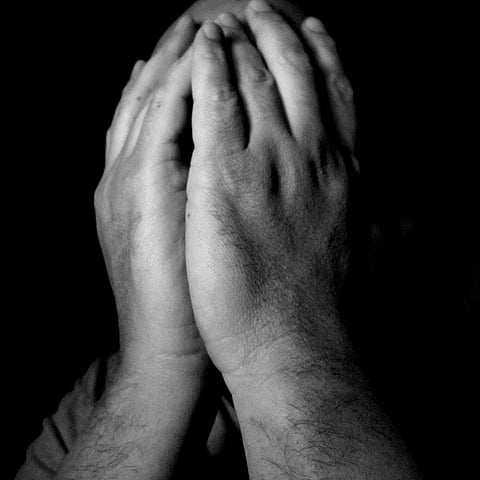Silence and shame
In late autumn in 1993, vandalism rocked a reputed boarding school situated on the outskirts of Kathmandu. Glass panes were shattered, furniture broken. The ones involved were mostly tenth grade students protesting the administration's decision to expel some of their classmates. Since the academic year was coming to an end, they would not be able to take the imminent School Leaving Certificate (SLC) exams. The expelled students' academic career and future would be jeopardised, their supporters claimed. But the administration did not budge. The protests lasted for a couple of days and then fizzled out. A leading newspaper carried a small report on the incident. I was a seventh-grade student in that school at the time.
On one of those days – perhaps a day before or after the vandalism – I remember sitting on the red brick steps that led to our dormitory. Tall trees hovered over and along it. The vegetation was lush for most of the year because the school lies in an area in Kathmandu Valley that receives a lot of rain. Thick carpets of grass covered rolling grounds and hillocks. The greenery complemented the red bricks of the stout two-storey dormitories and classroom buildings. The first time I had entered the school in the fourth-grade, I was enchanted by its vast grounds and its beauty. All kinds of adventures beckoned. But a lot had happened since.

